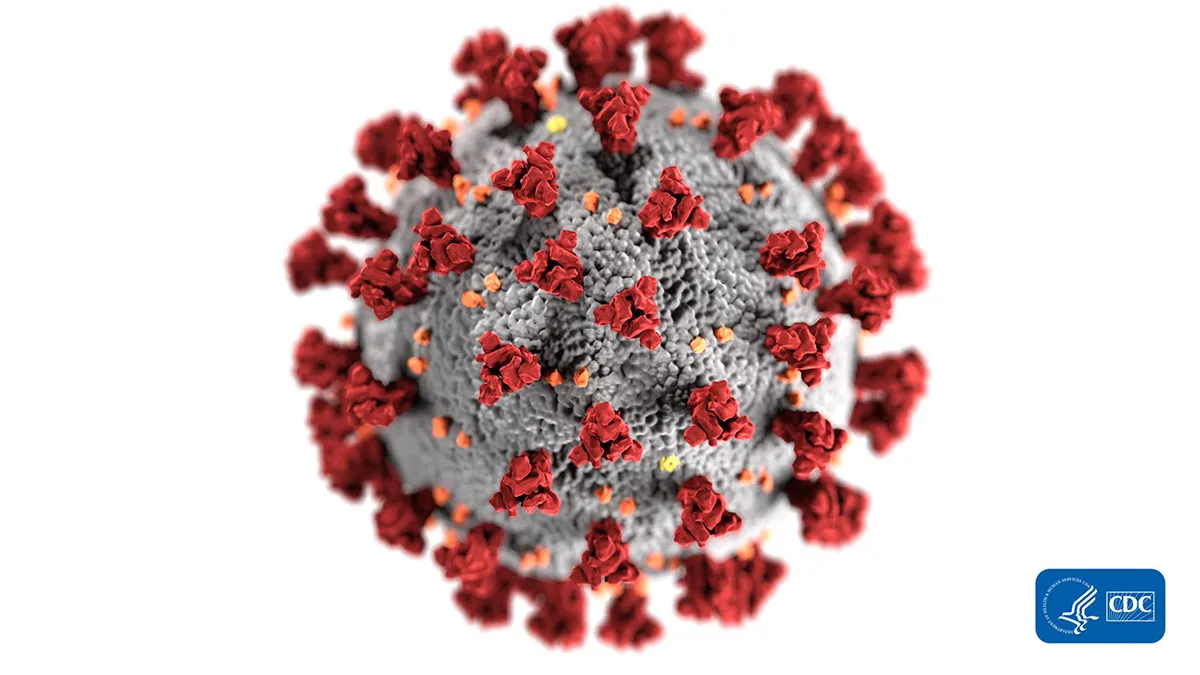Dive Brief:
- Marketers should focus on direct-to-consumer (DTC) strategies, brand mission and technology advancements in areas like 5G as the coronavirus pandemic continues, panelists said during a virtual "town hall" hosted by the Advertising Research Foundation (ARF) Tuesday.
- Jerome Shimizu, co-founder and chief data and analytics officer at DoGood Media, said isolated consumers' growing dependence on e-commerce is forcing a "fundamental step-change" toward the DTC model, while noting that many legacy marketers are laggards on this front and should look to newer players for inspiration.
- Shimizu also cautioned that brand messaging must be extra sensitive to stressed consumers, while moderator Rick Bruner, CEO and founder of Central Control, added that the pandemic can be an opportunity for brands to deploy campaigns focused on social good. Rex Briggs, executive chairman at Marketing Evolution, discussed how technology such as 5G, artificial intelligence (AI) and machine learning could advance as businesses look to bolster speed and efficiency during a downtime.
Dive Insight:
Many marketers feel paralyzed by a lack of clarity around how to respond to the coronavirus pandemic and how long it could last. As noted by panelists during the ARF town hall, advertising is frequently one of the first areas to feel cuts as businesses tighten belts, which layers in concerns around job security and stability.
The likelihood of the pandemic leading to a recession appears high, meaning adopting a proactive stance is critical. Speaking on the virtual panel, which was conducted via the Zoom app, Marketing Evolution's Briggs said marketing teams should have meetings now to model potential recession scenarios and develop a picture of what they want their brands to look like once the worst of the pandemic and its economic consequences burn off.
"To some degree, I think it's going to mean there will be more pressure on the advertising industry to be more efficient, to be more automated," Briggs said. "The best brands are defining themselves with the mission statement and working from that standpoint and recognizing that they can grow share during this period of time."
Some businesses are currently experiencing a windfall as consumers clear store shelves of packaged goods and food products, but they also should not let their guard down, according to panelists. Shimizu said putting resources toward a stronger DTC play is the smart move at the moment as more people opt to self-isolate or live under shelter-at-home policies.
"My takeaways for large legacy brands and traditional retailers [is] not to get overly complacent with short-term revenue spikes because of the hoarding and pantry-loading that we're seeing right now," Shimizu said.
"We are seeing systemic changes to consumer behavior in the mid-term," he added. "Consumers are preferring at-home delivery, even if it's at a premium. You need to be thinking, as a brand, can a consumer readily access your product for delivery?"
Messaging is another area of high risk, which has led some brands to pull back campaigns that could be even tangentially associated with the novel coronavirus. Panelists highlighted some companies that are smartly leveraging the pullback to build out purpose initiatives. Louis Vuitton owner LVMH this week started to divert materials used in the production of some of its perfume and cosmetics products to create hand sanitizer that will be provided for free to health officials in France. It's the type of cause-oriented move that could build equity that lasts through the pandemic.
"People, in the long run, remember that and appreciate that," Shimizu said. "That's a great example from a brand perspective of taking a very high road here even though there's maybe short-term pain for doing that."
Other purpose-led acts include wireless carriers and internet service providers lifting data caps as consumers need greater access to the internet. Scott McDonald, president and CEO of the ARF and a moderator of the discussion, noted that these are many of the same companies looking to build out a 5G infrastructure — a project that could accelerate as demands for faster, better internet connections grow during the pandemic. Overall, the pandemic could push technologies that are currently "fringe" closer to the mainstream, including those that are expected to transform marketing.
"Some of them will still be fringe, but they'll go from being ultra-fringe to less fringe," Briggs said. "In our industry and in a lot of business ones, you're gonna see machine learning and AI and other things that reduce costs and speed up data."














